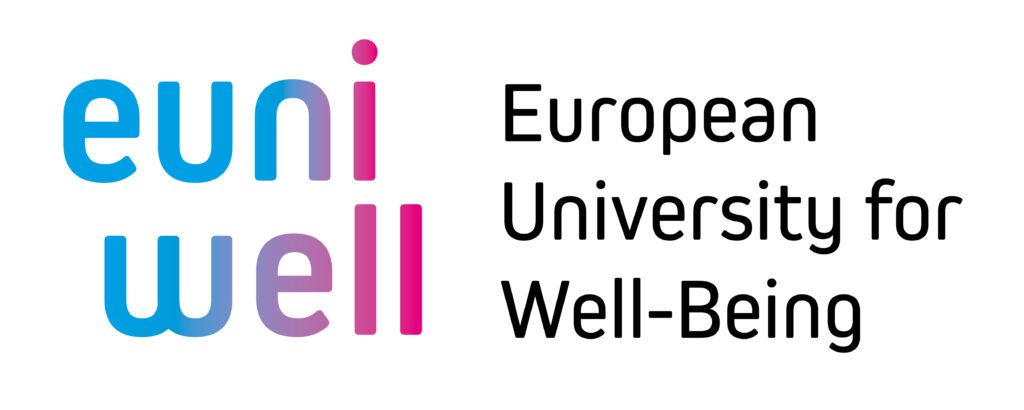Launching a blog is often the beginning of a great adventure. You start with a project, you definitively have some ideas, you have some collaborators with who you are going to have to learn to work with, and you are looking forward to new collaborations. You also are willing to try new technologies which will enhance both the writer’s experience and the one of the reader.
In this present case, we also have a mandate. One we have chosen, but also one 11 Universities have adopted: Open education represents a formidable chance to change the way we teach, the way we learn and the way the students will go through their University years.
For the many of us who feel that somewhere in a recent past, grades and diplomas have become too much the focus of everyone’s attention, where achievement had to be digitalized and computed, well-being appears as an interesting alternative. And one which cannot be achieved through just repackaging.
We aim to talk about well-being in this blog. We aim to understand how the well-being agenda and the open education agenda match. For this, the editors are entrusted with talking about experiences are developing in their own countries and institutions. We also want to welcome reflective articles and everyone is encouraged here to propose to contribute.
A strong editorial statement is that we want to move towards multilingualism. Artificial intelligence offers us today the opportunity to combine several things:
- Allow authors to write in their preferred language. This should be, in 2024, a more than legitimate wish.
- Use AI tools to translate the articles and posts into other languages. In this case, we have chosen to limit ourselves to the official languages of the consortium.
- Offer, as often as possible, the option to read an article in the original language it was written in and in the language of the reader.
- Propose the opportunity for someone who would not be satisfied by the machine translation of an article, to intervene on this translation and improve it.
This Open Education blog is experimental: in our view, there is no obvious model to talk about these matters, to get our colleagues from 11 Universities to write and read, to propose a new vision. We aim to test ideas, to research into different forms of proposing a multilingual and multicultural view of well-being with open education.

